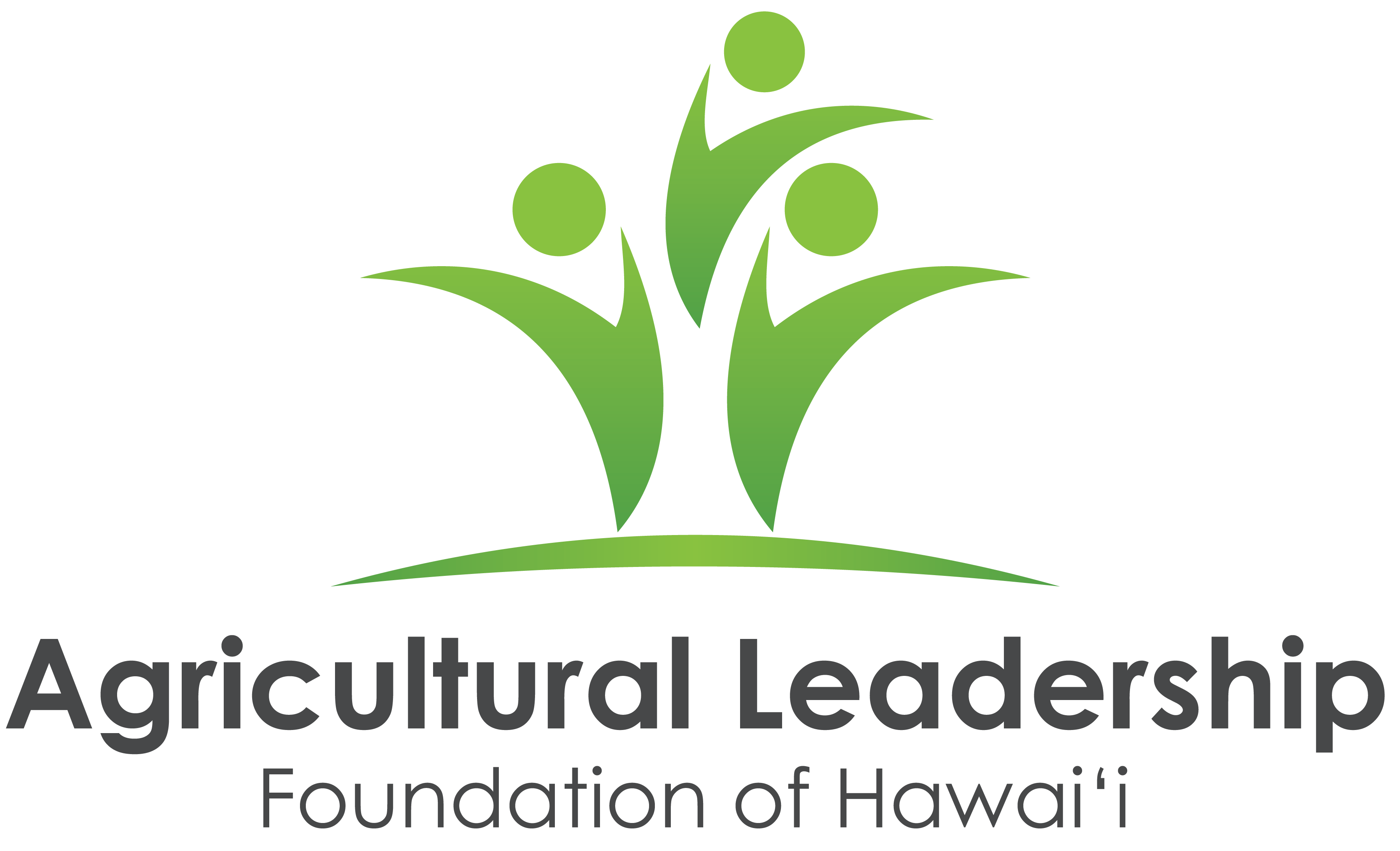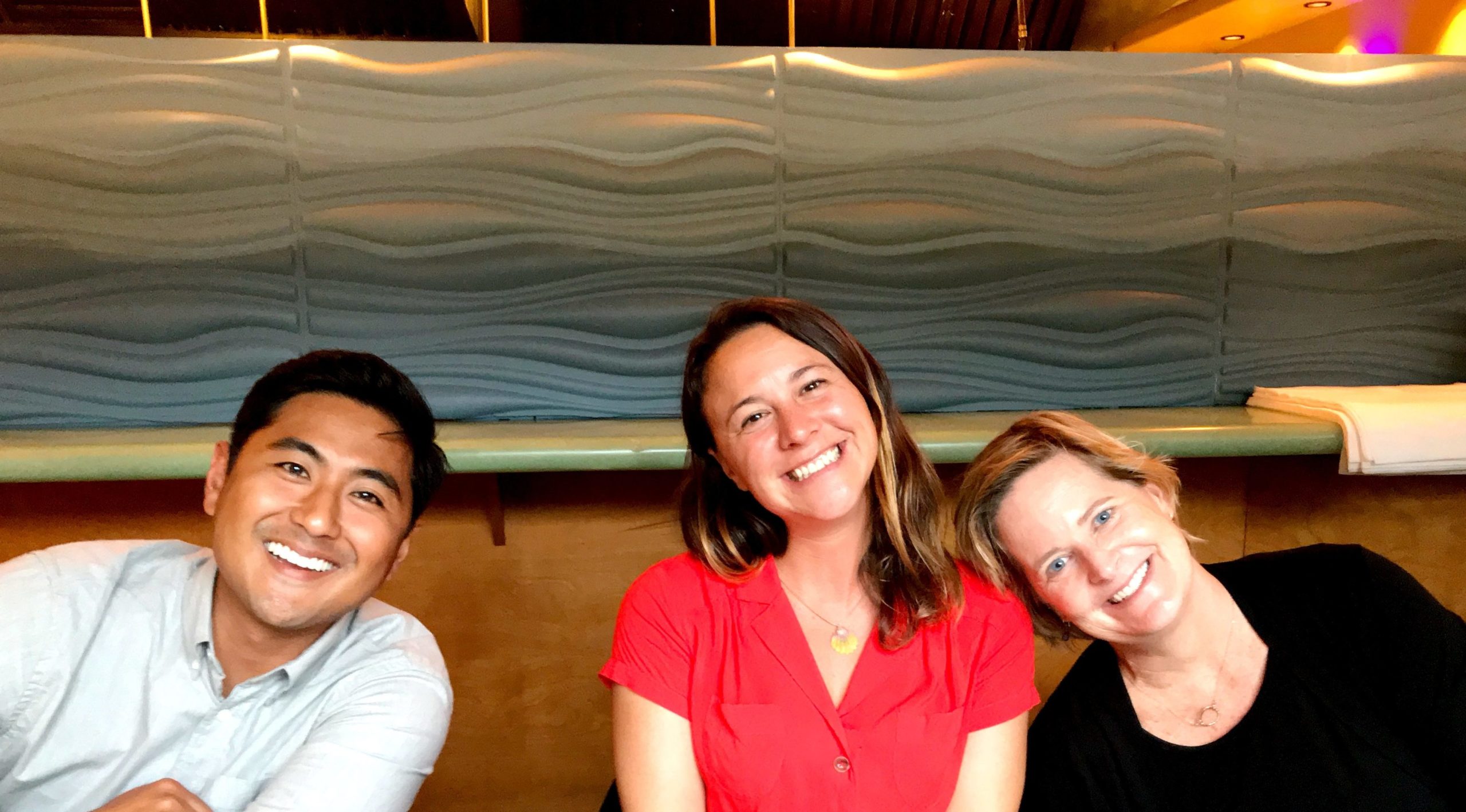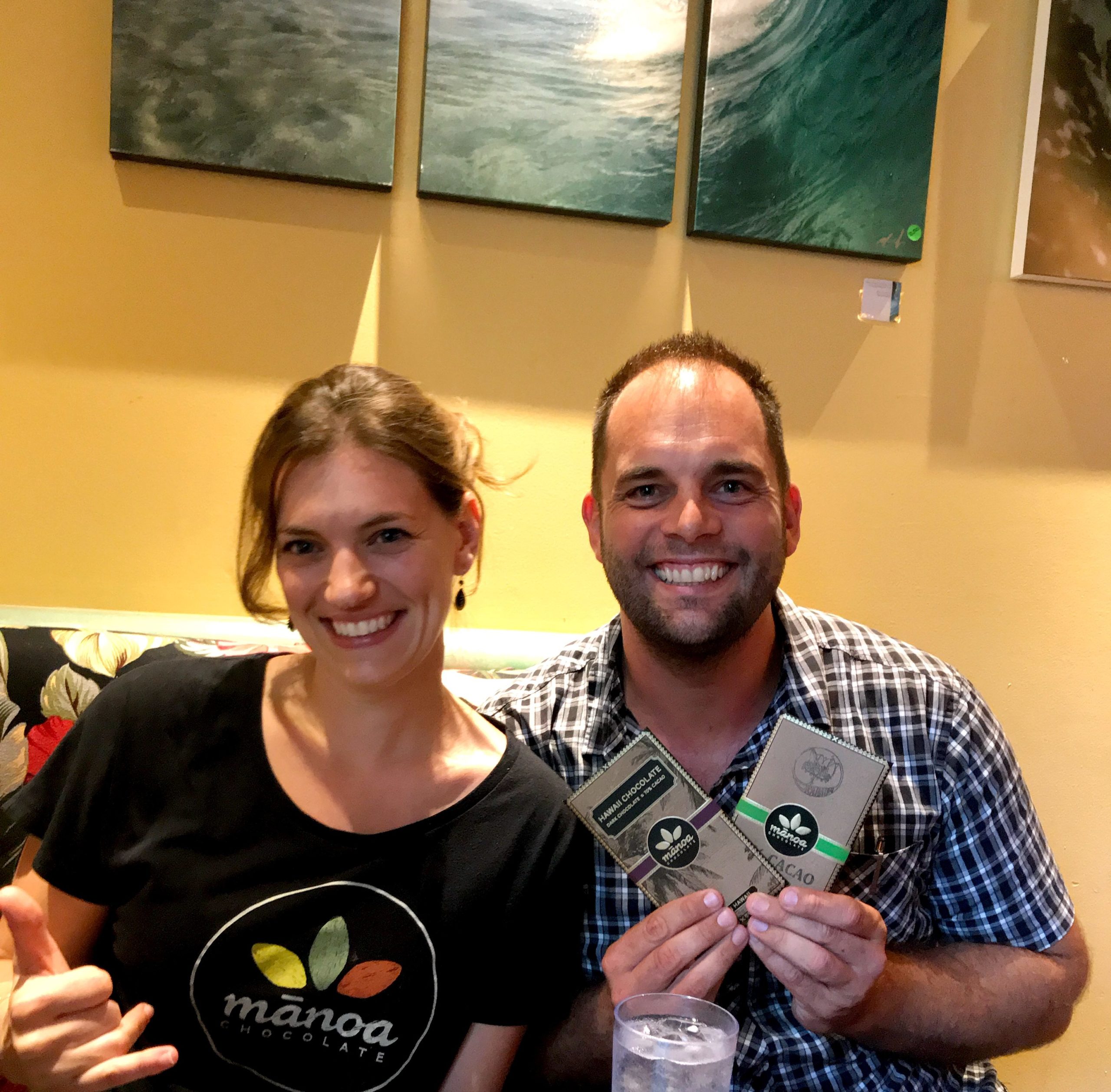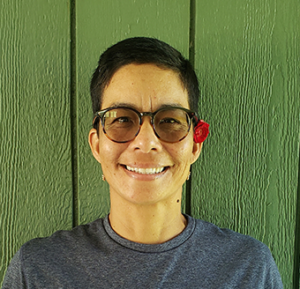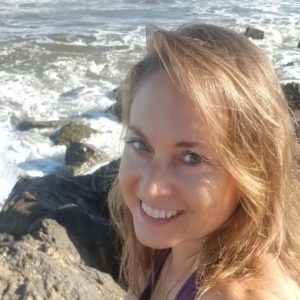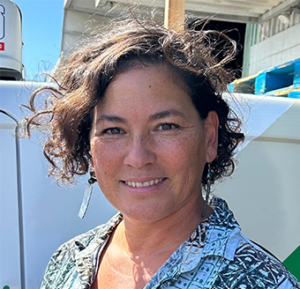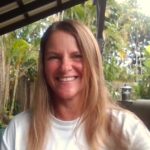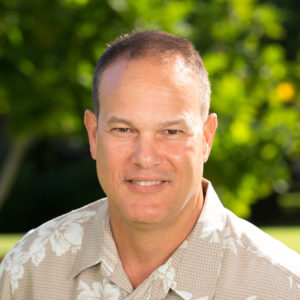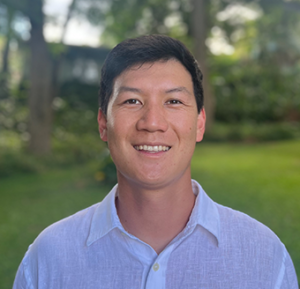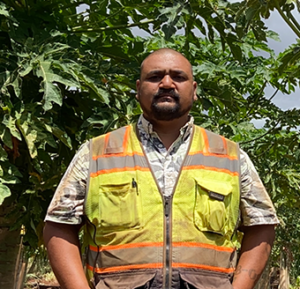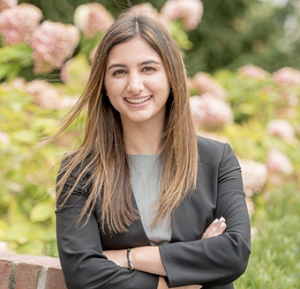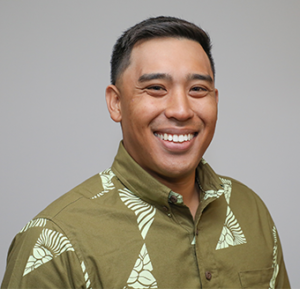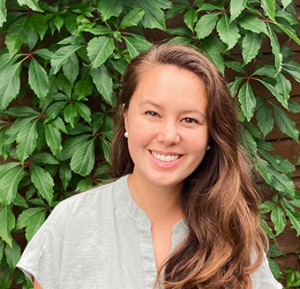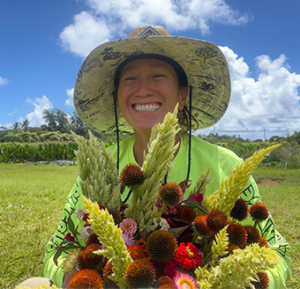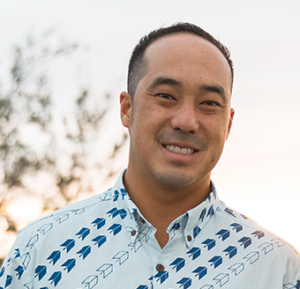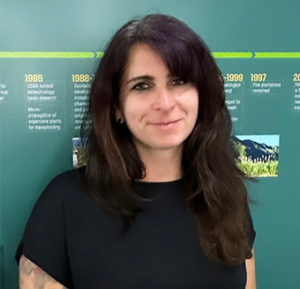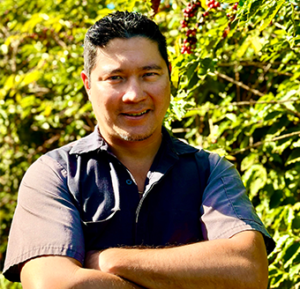Welcome back! The Movers and Shakers, aka Class 16, aka Hurricane Hector dodgers are back at it! This seminar we will split our time between touring the beautiful farms of Oahu’s East side and North Shore, and participating in a facilitation training class taught by the one and only Donna Ching.
Our seminar began at the Koolau Ballrooms, a stunning location at the base of the Koolau mountains in Kaneohe where we will spend the next 2 days learning about facilitative skills for collaborative leadership. Our class was fortunate enough to share this workshop with about a dozen or so participants from other organizations in Hawaii including Kamehameha Schools, the University of Hawaii, the National Oceanic and Atmospheric Administration (NOAA) and others.
So what is collaborative leadership? Luckily Donna’s book has a concise definition for me to share: “Collaborative leadership is the art of leading people as they work together to successfully accomplish both individual and collective goals.” The role of the facilitator is to act as a neutral party that helps identify a groups shared objectives and guides them in an inclusive way towards achieving those objectives.
Throughout the day we learned a variety of skills and tools that effective leaders and facilitators use. We were able to practice our facilitation skills in small groups and as a class. We learned the importance of legitimizing the members of the group often and early, and making sure that there is participation and buy-in from everyone. We also had a chance to practice being a recorder, another important role in the facilitation process. The job of the recorder is to capture the thoughts and ideas of the participants, also called the “group memory”. It may sound like a simple task, but there are also a set of skills they must learn in order to accurately, concisely, and quickly record the thoughts of the group. Together the facilitator and recorder are able to work with the group towards identifying and meeting the groups goals.
Why does this matter to us as agricultural leaders? Many of us have experienced the frustration of a poorly executed meeting, had our time wasted by disruptive participants, or felt like the other party just did not care or understand us at all. In a time of increasing polarization throughout the country the job of collaborative leaders is all the more important. If the best way to lead is by example, then it is critical for us to learn the tools that help us be effective together.
Big Mahalo to Donna for a productive day, and we are looking forward to tomorrow and the rest of Seminar 2! Also thank you Olelo for capturing some photos!
